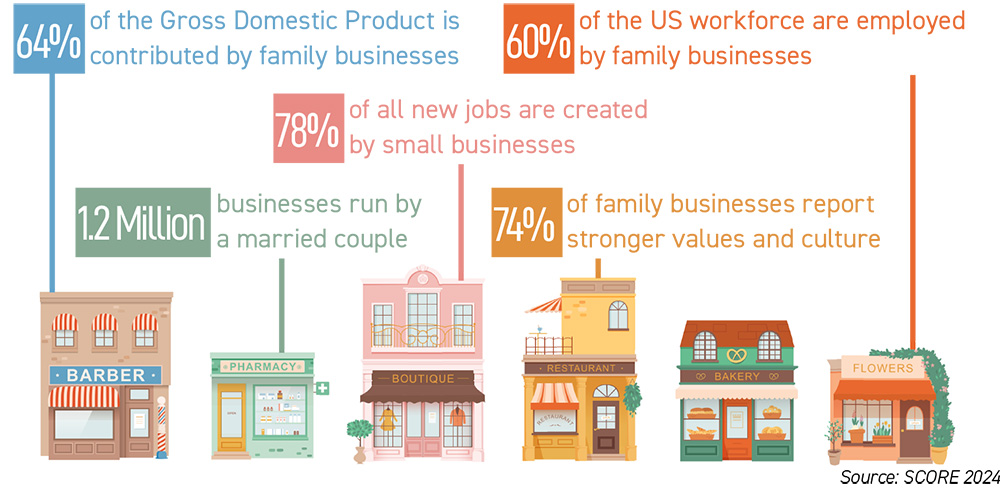
Do you ever wish you could find extra money for your child’s college expenses or retirement? Maybe you would like to take a bucket list vacation or buy a larger home. Whatever your financial goals, finding the money to help pursue them can be challenging but not impossible. Here are some ways to find more money:
Retirement investors typically pay attention to whether their contributions are deductible or not. There are a wide variety of investment accounts, from 401(k) and 403(b) plans, that offer this benefit regardless of income.
For high-net-worth individuals, limits to how much they can contribute to these plans may leave them looking for another place to put additional monies. A Roth IRA, which doesn’t offer deductible contributions but does feature tax-free qualified distributions. However, high net worth individuals often get shut out of investing in a Roth IRA due to income restrictions. If this describes you, look into a non-deductible traditional IRA. Additionally, the percentage of your contributions to investment gain also won’t be taxed when you begin distributions.
There are other alternatives, including taxable investments and potentially qualifying for the Roth in some years by shifting income, so talk to your financial and tax professionals to see what option is best for you.







